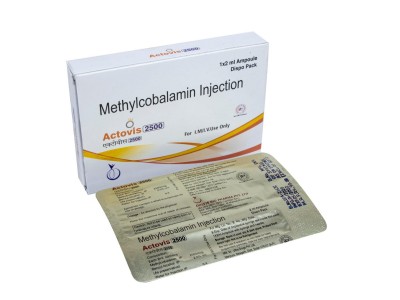The recommended dosage for Methylcobalamin (B12) injections can vary widely depending on the individual’s specific needs, the severity of the deficiency, and the underlying health conditions being treated. Generally, the standard dosage for treating a B12 deficiency might range from 1,000 to 5,000 micrograms (mcg) per injection, administered once a week or as directed by a healthcare provider. For maintenance, after initial levels are restored, injections may be reduced to once a month.
Read also clomid working. Scientific evidence supports these dosages, particularly in treating conditions related to B12 deficiency such as pernicious anemia, certain neurological disorders, and other medical conditions that impair B12 absorption. Clinical studies have shown that high doses of B12, such as 1,000 mcg weekly, are effective in rapidly increasing and maintaining B12 levels in individuals with deficiencies.
For instance, a study published in the journal "Blood" demonstrated that intramuscular injections of 1,000 mcg of B12 are effective in treating pernicious anemia and related neurological symptoms. Another research article in "The New England Journal of Medicine" highlighted that high-dose B12 injections significantly improved clinical symptoms and biochemical markers in patients with B12 deficiency.
While there is strong support for these dosages in the medical literature, it is crucial for individuals to follow their healthcare provider's recommendations. The provider will consider factors such as the patient's specific condition, baseline B12 levels, and response to initial treatment to determine the most appropriate dosage and frequency.
In summary, while 1,000 to 5,000 mcg per injection is commonly recommended and supported by scientific evidence, the precise dosage and schedule should be personalized based on a healthcare provider’s assessment. This approach ensures effective and safe treatment of B12 deficiency and related conditions.
